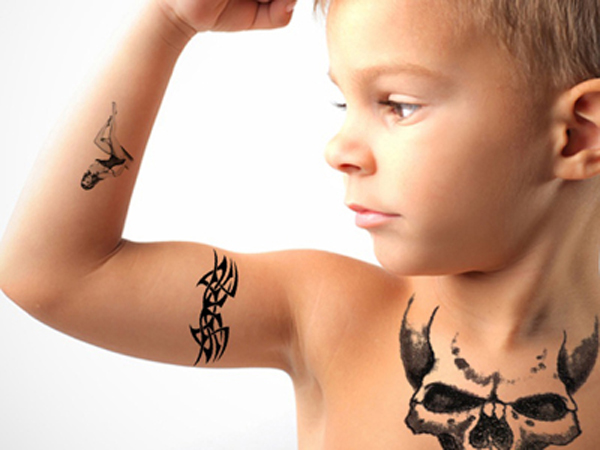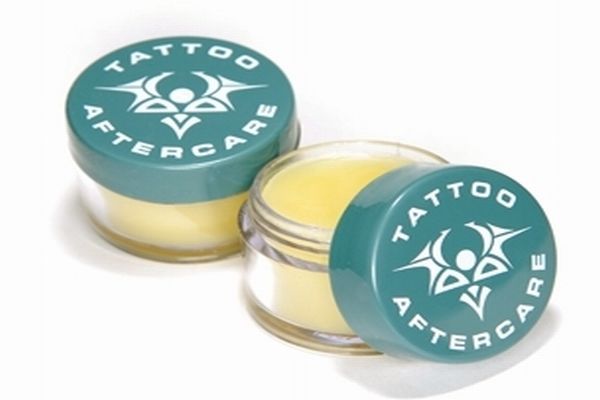Although tattoos might look good on your skin and may reflect your inner self, yet getting a tattoo done is full of risks and hazardous. Some of these risks are life threatening. Therefore, before you decide to insert the needle, study this list of tattoo related risks and the precautionary measures that need to be undertaken.
1. Tattoo under alcohol influence
Never get a tattoo under alcohol influence. This is because it is always a bad idea to make a permanent decision about your body when you are under the influence of liquor. Moreover, alcohol acts as a blood thinner. Therefore, it might cause extreme bleeding when you get a tattoo after a few shots.
2. Choosing the tattoo artist
Before deciding to go under the tattoo needle, observe the studio of your tattoo artist. See if it is clean and brightly lit. Check if the needles are sterilized as non-sterilized needles are a potential transmitter of HIV/ AIDS virus. Also, you should see that the artist wear gloves to prevent any possible skin infection. Since, the skin breaks and bleeds during the process therefore, make sure that the session is carried out in a safe and healthy manner. Never get lured by cheap and inexpensive tattoo offers as they can play havoc with your health.
3. Prevent possible infections
Always get a tattoo from a professional tattoo artist. Never let your friends do it. Also see that all the drawings related to your tattoo are done with the correct equipment. Donât make the outlines for your tattoo with a pen or sewing needles. Home tattoo kits are also not safe.
4. Blood-borne infections
The tattoo needle is inserted in your skin; hence, it makes you susceptible to illnesses such as AIDS, Hepatitis B and Hepatitis C. Since, there are no immunizations against AIDS and Hepatitis C; therefore you need to be extra cautious. Make sure that the needles are one time use and sterilized. Also, get yourself vaccinated for Hepatitis B.
5. Precautions related to ink
The ink should be poured in advance and clean tissues should be used to open ink bottles. This way the nozzle of the ink bottle doesnât get contaminated. The color tubes shall be dried once they are rinsed. Inks of two colors shall not be mixed. Anything that is used for making the tattoo outline must be medical grade and preferably sterilized.
6. Responsibility of the tattoo artist
Although a tattoo artist must always wear his gloves, but gloves tend to get warm due to sweating etc and therefore bacteria may thrive on them. Hence, a tattoo artist has the prime responsibility that s/he takes care of basic hygiene. The artist must wash his/her hands thoroughly and cover any cuts with bandage. Fingernails must be kept short to prevent any possible punctures in the gloves. A tattoo artist must not tattoo anybody if s/he is suffering from any dermatological illness such as allergic reactions or lesions. Apart from this, s/he must also look for parentâs permission if a minor comes for getting tattooed.
7. Allergic reactions
People can be allergic to tattoo dyes particularly to red dye which can result in allergic skin reactions or itchy rash on the tattoo. This can also occur months after the tattoo is done. People allergic to red dye or even other inks can suffer from bumps called granulomas. Tattooing can also lead to raised areas on skin which is caused due to keloids or overgrowth of scar tissues.
8. MRI complications
Tattoos at times may cause swelling or a sensation of burning in the affected areas especially while doing MRI (Magnetic Resonance Imaging) exams. Therefore, one needs to be cautious about getting a tattoo. Several countries do not allow tattooed people to donate blood to eliminate the risk of transmission of Hepatitis B and C.
9. Miscellaneous
Check that the inks used in your tattoo procedure are free from metals like mercury and nickel. These metals expose grave hazards to your health. Preferably you should let the artist put a drop of ink on your hand and wait for one-two days to see if the ink causes any kind of reaction. If you donât encounter any reaction, then you can get a tattoo.
10. Aftercare
After receiving a tattoo, make sure that the tattoo artist tells you about the aftercare procedures in detail. Follow those procedures. If you ever encounter some kind of allergy on your tattoo, donât ignore it and seek medical attention as soon as possible.



